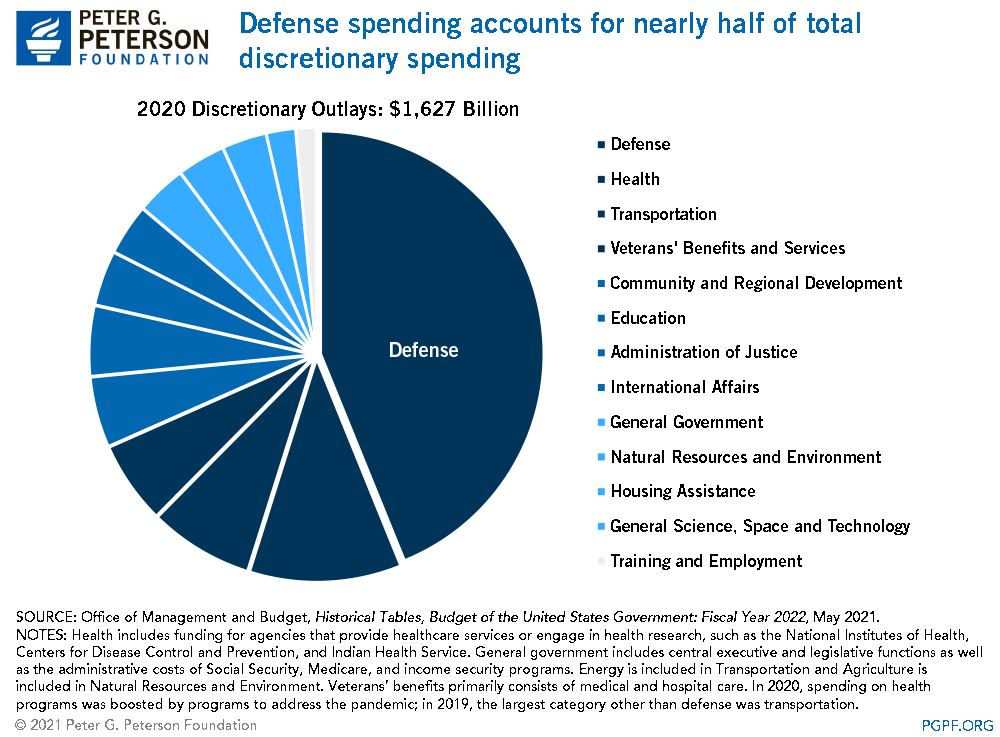What consummate ignorance.
That's reality.
Education is not something one deserves because they are "smart". It is the backbone of any viable nation. It the sole factor that guarantees a decent economy because that economy is constituted by capable, well-educated people ...
That would be true of primary and secondary education.
Primary and secondary education are free because it is necessary that people be able to read, write and speak, perform basic math and have some knowledge of science in order to function in the community.
Beyond that, "smart" is very important.
You don't have the resources -- the money, the space or the instructors -- to waste on people who aren't smart.
People are born with innate skills and abilities and that's just the way it is and there is absolutely nothing you or anyone else can do to change that.
A lot of people with consummate ignorance are clamoring that we should expand the number of medical schools.
All surgeons are doctors, but not all doctors are surgeons nor could they ever be and they never will be, with never meaning "at no time ever."
They could spend the rest of their pathetic lives being educated and reading self-help books and attending retreats and seminars and webinars and being hypnotized and chanting --and all at tax payer expense -- and it just ain't gonna happen.
And you would waste valuable resources -- time, money, space -- trying to get them to be something they can never be.
Only a fraction of a given population has the innate ability to be a doctor and then only a fraction of doctors have the innate ability to be surgeons.
Only a doctor can teach another doctor and only a surgeon can teach another surgeon.
Unfortunately, only a fraction of a given population has the innate ability to teach and so we're looking at fractions of fractions because we need doctors and surgeons who also have the teaching skill-set.
Few of them do, and not all that do want to teach and they have no moral, ethical or legal duty to teach if they do not wish to do so and most don't.
The point being expanding medical schools will create a massive shortage of teaching-doctors and teaching-surgeons and since Supply & Demand reign supreme that means the salaries will sky-rocket and then the great lot of you will whine and snivel that medical costs have sky-rocketed and driven up the cost of your health plan coverage.
Absolutely brilliant.
I'm smart. I have 3 undergrad degrees, a Masters and a PhD.
You wanna waste valuable money, time and other resources to train me to be a welder?
I can barely solder something so why in the hell would you do that?
I could never be a welder no matter how much money you spent on me and if you're going to live or work in a building where I was welding I-beams I sure hope you got life insurance because that building is gonna collapse.
I'm not a carpenter, plumber, mason, roofer, electrician or auto mechanic, either, but I don't have to be because there are others with those skill-sets whom I will gladly pay for their services and in their own way they are smart.
The point being what Liberals want is an education-free-for-all where people do whatever makes them feel good even though they aren't even remotely qualified to perform those duties. Unfortunately, Economics is not about feeling good -- which costs a helluva lot of money by the way -- rather it's about making the most efficient use of resources.
The purpose of testing is to figure out who is smart enough to do what and then use resources efficiently to develop those skill-sets.

